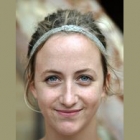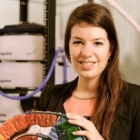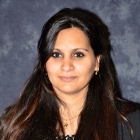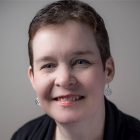You are here
A Recent Study on Brian Rewiring and Hand Movement Provides Hope for Children with Cerebral Palsy
In children with unilateral cerebral palsy (CP), the brain rewires such that movement of the impaired hand often becomes controlled by the side of the brain opposite the lesion. Thus, the uninjured side of the brain controls movement of both hands. Previously, this type of reorganization was assumed to be an indicator of poor function. If movement of the two hands is controlled by shared cortical space, it was believed that the brain could not effectively control movement of the hands: “crowding” in the brain could lead to ineffective movement control.
The Friel Lab at the Burke Medical Research Institute recently challenged the assumption that this type of reorganization is maladaptive. In a cohort of 50 children with unilateral CP, they determined that if movement of both hands is controlled by the same side of the brain, children had better hand function when the locus of movement control of the two hands overlapped the most. Overlap of the brain regions that control movement of two hand was adaptive in this group of children. The Friel Lab proposes that such overlap “yokes” the movement of the two hands, such that the less-impaired hand guides movement of the more-impaired hand via shared cortical networks. This study provides hope for children with CP because it demonstrates that reorganization after brain injury may enhance dexterity in children with CP. The next step in this study is to determine how treatments can be targeted to enhance neural activity in these shared brain regions.










